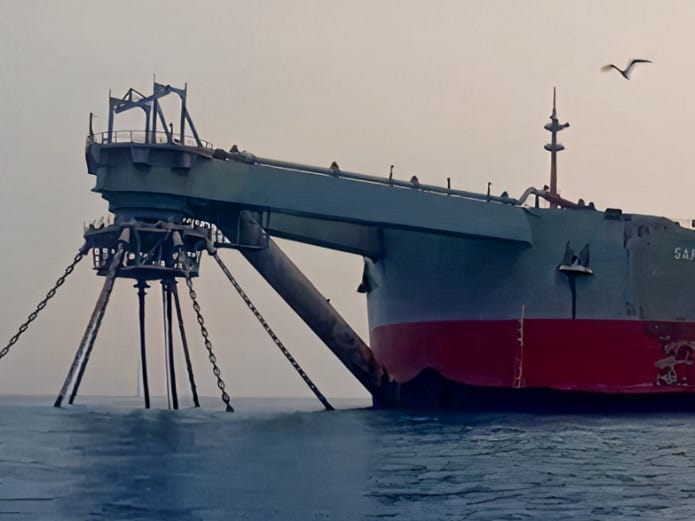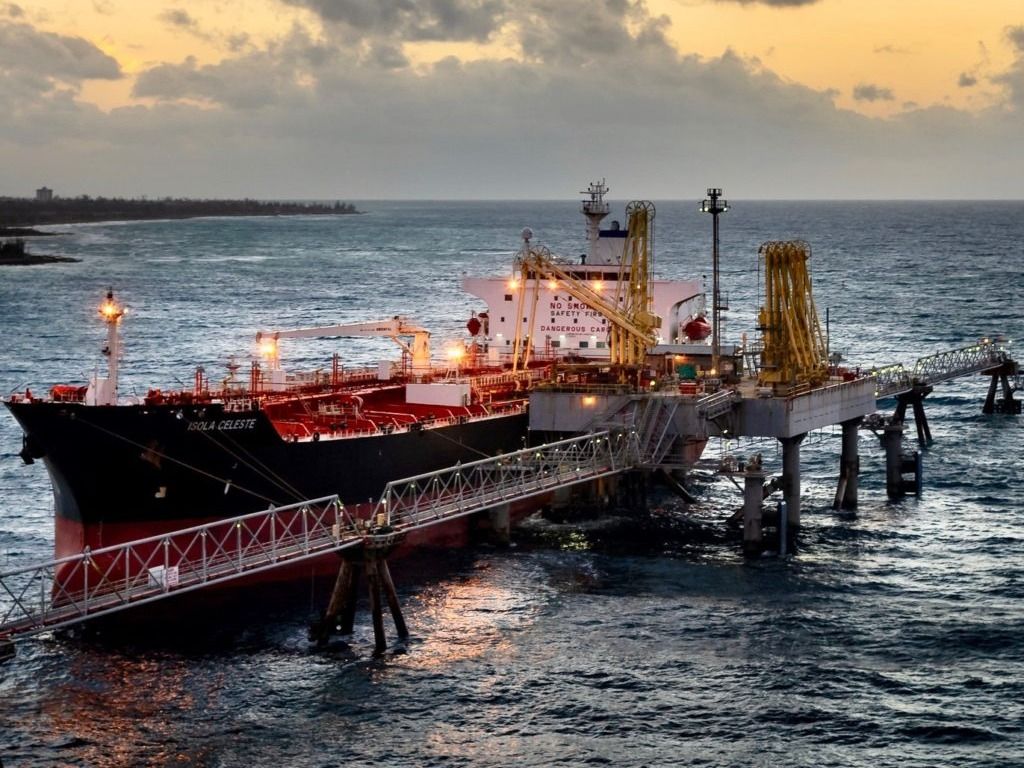
U.N.-led transfer of oil averts disaster off Yemen's Red Sea coast
The ship-to-ship transfer extracted as much of the 1.14 million barrels of oil as possible, leaving under 2% aboard.
Already have an account? Log in
The ship-to-ship transfer extracted as much of the 1.14 million barrels of oil as possible, leaving under 2% aboard.
Without U.N. intervention, the tanker could have released as much as four times the oil spilled by the Exxon Valdez in 1989.
If accomplished, the goals are significant because the industry accounts for 2.9% of global carbon emissions. Diesel powers most of the world's 100,000 cargo ships.
A stranded supertanker, moored off the coast of Yemen near a pipeline to oil and gas fields, nearly sank in 2020.
London-based ICS proposed creating an organization to run a $5 billion fund for eliminating carbon from global shipping.
The World Bank and IMF opened fall meetings to survey a slowing world economy, U.S.-China trade war and urgent climate threats to small island nations.
The International Maritime Organization requires industry upgrades and streamlining electronic information exchanges.
A summit with the U.S. could expand North Korea's little-known involvement with international organizations.






